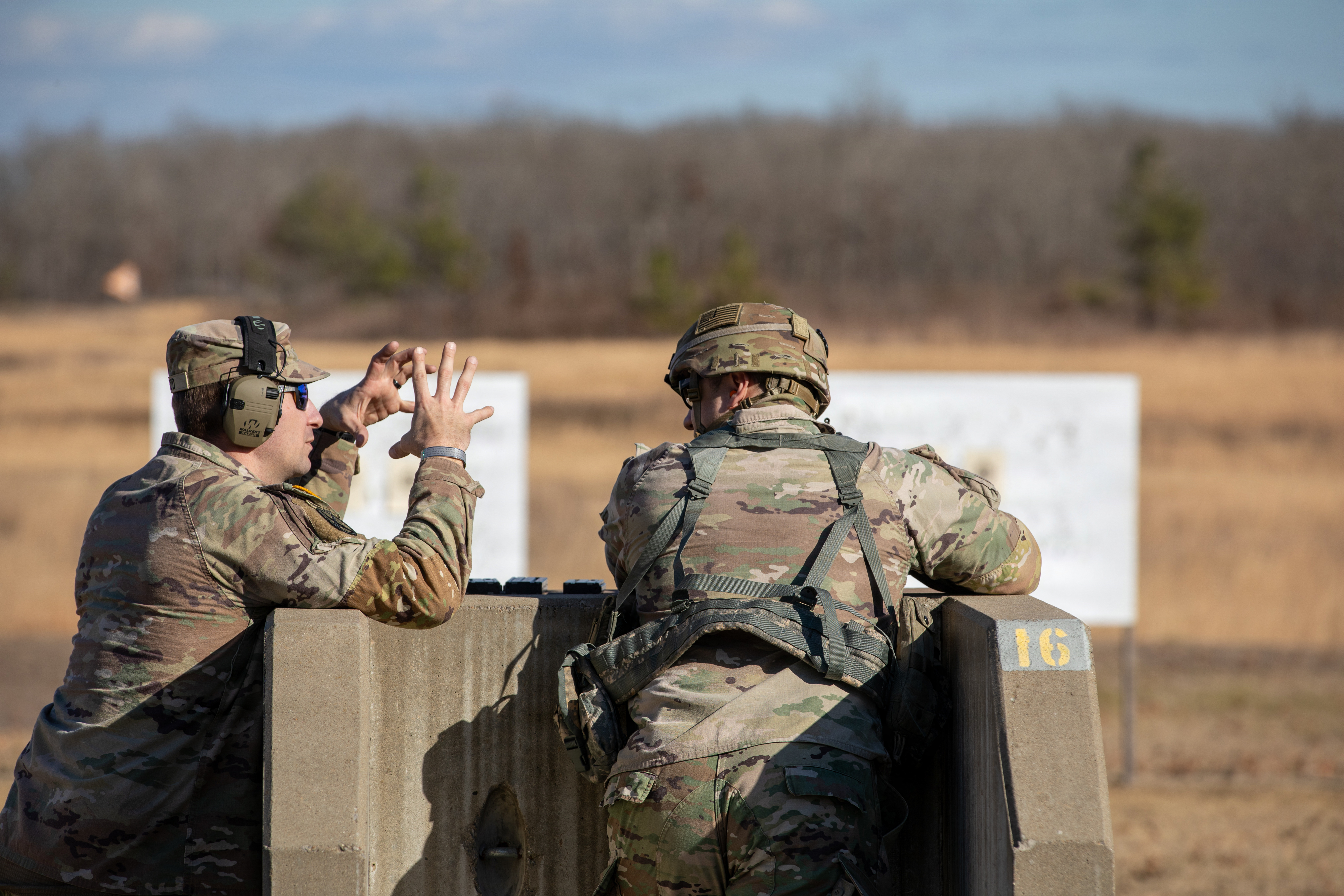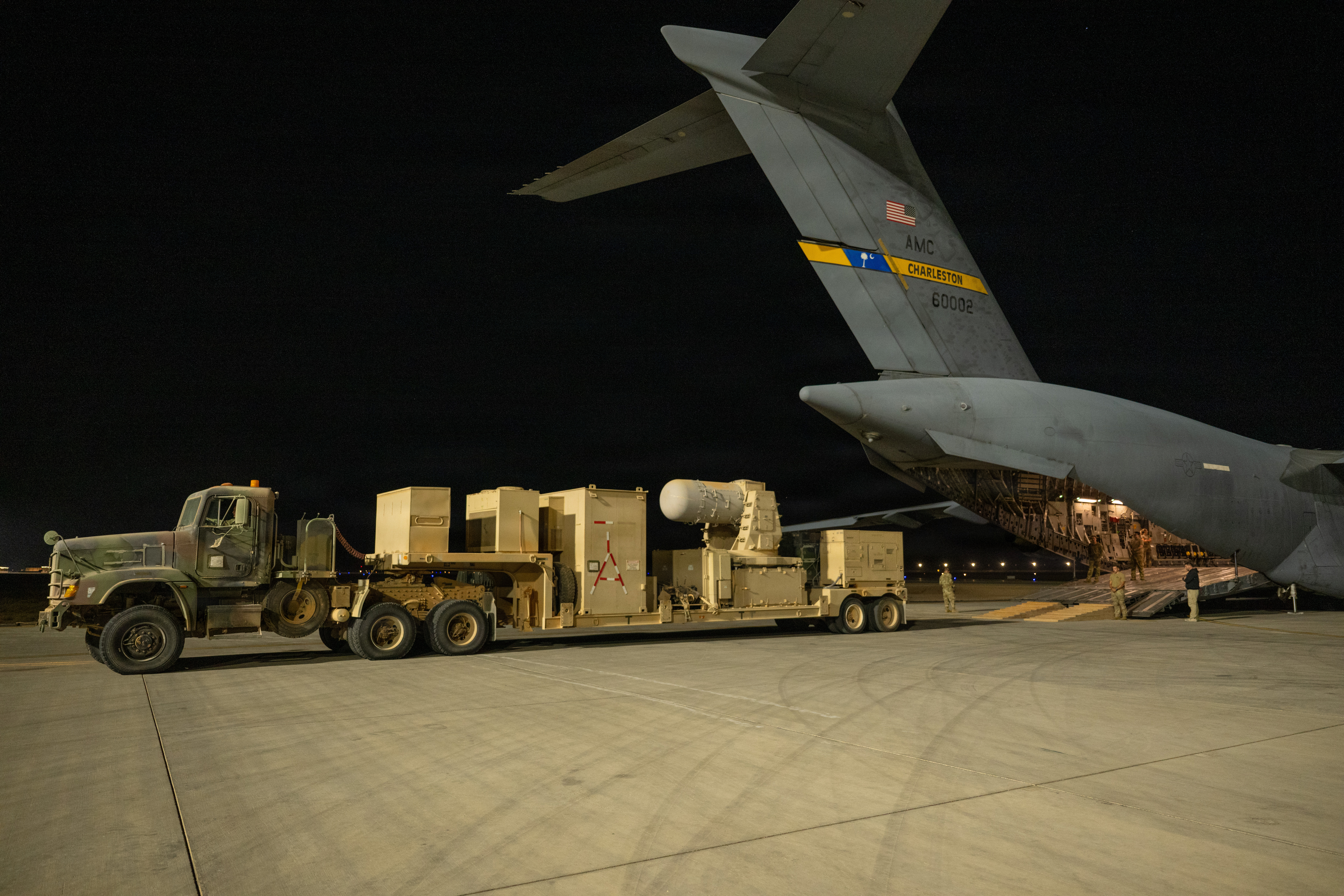Overcoming Fear as a New Leader

‘I was not a fresh-faced 2nd Lieutenant,’ I thought. I was older (28), had already earned my Combat Infantryman’s Badge (OIF 3), and had a Master’s Degree; I was mature enough to not allow fear and indecisiveness to stop me from making the right decision as an Armor-branch Platoon Leader in combat.
All of that changed in Afghanistan. After six weeks of zero responsibility, and Christmas, in Germany, I arrived at the tail end of a deployment fully expecting to be assigned a “FOBBIT” job. I had no idea at the time, but I was totally unprepared mentally or physically for the deployment.
After some theater-level indoctrination training, which was mainly focused identifying improvised explosive devices and calling in helicopter MEDEVACs, I ended up being assigned to a Stryker Battalion “where I probably wouldn’t be killed” about two weeks after my arrival. All I honestly remember about this indoctrination training is a vague notion that it directly conflicted with all of the training I had in Germany, and a very clear understanding that “all MEDEVACs must be called as URGENT SURGICAL, there is no margin for error in Afghanistan”.
I arrived at my Battalion thinking it would be an easy three or four months in country where I could get myself physically and mentally ready to lead Soldiers after breaking my hand a few months earlier during the Army Reconnaissance Course. Less than four days later I was at a Company-level COP and with a Platoon. There, the Commander and First Sergeant immediately instituted a period of pure hazing and public shame designed to force me to get in better shape and inform the Company that I was not a Leader, but a weight to be carried. The purpose of these weeks was clear: To show me that I was an absolute disgrace who should not be listened to, and not worthy of the honor of leading Soldiers.
Those three weeks were probably well intentioned, but in retrospect they taught me three very wrong lessons: Be submissive to the senior NCOs of the Company, be quiet when the Commander or 1SG are present, and that others would always be right because I was a disgrace to the Army. Thus, it took me almost exactly ten years to realize that I was not directly responsible for the events that would occur on a patrol a few miles from me as I sat eating dinner.
Then came “that” night. February 20th, 2011. The night my tent mate, and the only person in the Company I really felt I could trust, 1LT Darren Hidalgo, died. I was sitting in the mess tent when Darren’s patrol was hit with an IED. We could hear the blast from our COP, so I rushed to the Command Post. Our Company Commander, who I viewed as the example of what all Company Commanders should be, was out there with him. So, I sat quietly in the background, unsure what to do as the Quick Reaction Force (QRF) Platoon prepared to respond.
What felt like an eternity—but probably no more than five minutes in reality—passed, and I heard the Platoon Sergeant call up the MEDEVAC. Darren was a liter priority casualty. I sat silently in the Command Post, thinking and second guessing myself.
As I sat there listening, all I could hear was the person who gave us the training before I arrived at my Battalion, but wasn’t anywhere near here. “Urgent Surgical, there is no margin for error”. But I kept my mouth shut.
Why?
I was scared. But I wasn’t scared for Darren…I was scared for myself. I was scared I would make the wrong call and get in trouble. I was scared that I’d create a huge issue and be sent home from Afghanistan in shame. I was scared that, because I wasn’t actually on the ground, my decision would result in someone else in more dire need of evacuation losing their life somewhere else. But most of all, I was scared of my Chain of Command publicly humiliating me for the decision.
So I kept my mouth shut, and Darren was called up as PRIORITY. Little did I know that the Company Commander had also been seriously injured, and wasn’t present with the Platoon Sergeant when the MEDEVAC call went up.
It took 45 minutes for the helicopter to take off and retrieve Darren. He died enroute to the hospital. As a side note, his girlfriend (who worked at the Kandahar Airfield USO) found out he was dead about the same time I did, as she was called to attend a ramp ceremony, as per USO protocol.
Over the years, a lot of people have told me I wasn’t responsible. That I was not even there, and I should just get over it. But I’ve not been able to. Over the next 3 weeks, I was responsible for packing up his personal belongings and transporting them to Mortuary Affairs. Upon my return, I ate lunch with a Soldier who ended up killing himself on patrol the next day, and the feeling of guilt just intensified as I packed up that Soldier’s belongings afterwards.
As I think back on this event almost a decade later, I want to share the lessons I have learned.
- Unless what you are doing is CLEARLY illegal or unethical, no one will seriously fault you for making a decision if it does not cause a death or serious injury. You might not get credit for the decision you made, but at least you won’t have to wrestle with the guilt of facing what you didn’t do.
- To the newcomer – Making a good first impression at any unit is going to set the atmosphere for a long time. So always make a good first impression in every aspect.
- To the officer and NCOs welcoming a newcomer – If they do not meet the standard, fix it firmly and quickly. But do not do so in a way that takes away the new Soldier’s confidence in their ability to make decisions appropriate to their rank. Publicly humiliating someone on their third day at the unit in front of people more junior in rank is a great technique for stifling leadership and innovation. In the end, you will just find yourself wondering why that Leader isn’t upholding standards within his or her formation.
- No matter how many times someone tells you a death is not your fault, it won’t matter. You’re still going to feel the sorrow, anguish, and guilt. All you can do is identify why you feel that way, and make sure the next time you are in that situation, you do everything you can to make the right decision.
On January 20th, 2014 in the same province of Afghanistan, several miles away from where Darren was killed, I was the daytime Battle Captain for the same Stryker Battalion. As I sat in the Battalion TOC monitoring the feeds and units on patrol, a truck bomb blew a large hole into our base perimeter and a fire team of insurgents engaged our Shadow UAS Platoon. As the Battle Captain, I was much more directly involved than I had been in the incident that led to Darren’s death. The Regimental UAS Warrant was killed, but we fought like hell and, at the end of the day, I was upset about what happened but felt no personal guilt about my own actions.
I look back and like to think that the difference was because Darren’s death had already taught me about grief and the guilt of inaction, so my reactions to events on January 20th, 2014 were more decisive and in the end, healthier for myself.
—
CPT George W Runkle IV is a planner with 3rd Armored Brigade Combat Team, 1st Cavalry Division. He has served as a Platoon Leader, Battalion AS-3/Battle Captain, Theater Army-level Battle Captain/Watch Officer, and Battalion S-3 OIC during portions of his combined 20 years of enlisted, officer, National Guard, and active duty service. CPT Runkle graduated with Bachelors and Masters Degrees from Georgia Southern University in 2009.
Image credit: US Air Force Mortuary Affairs



